Shooters up in arms over anti-gun initiative
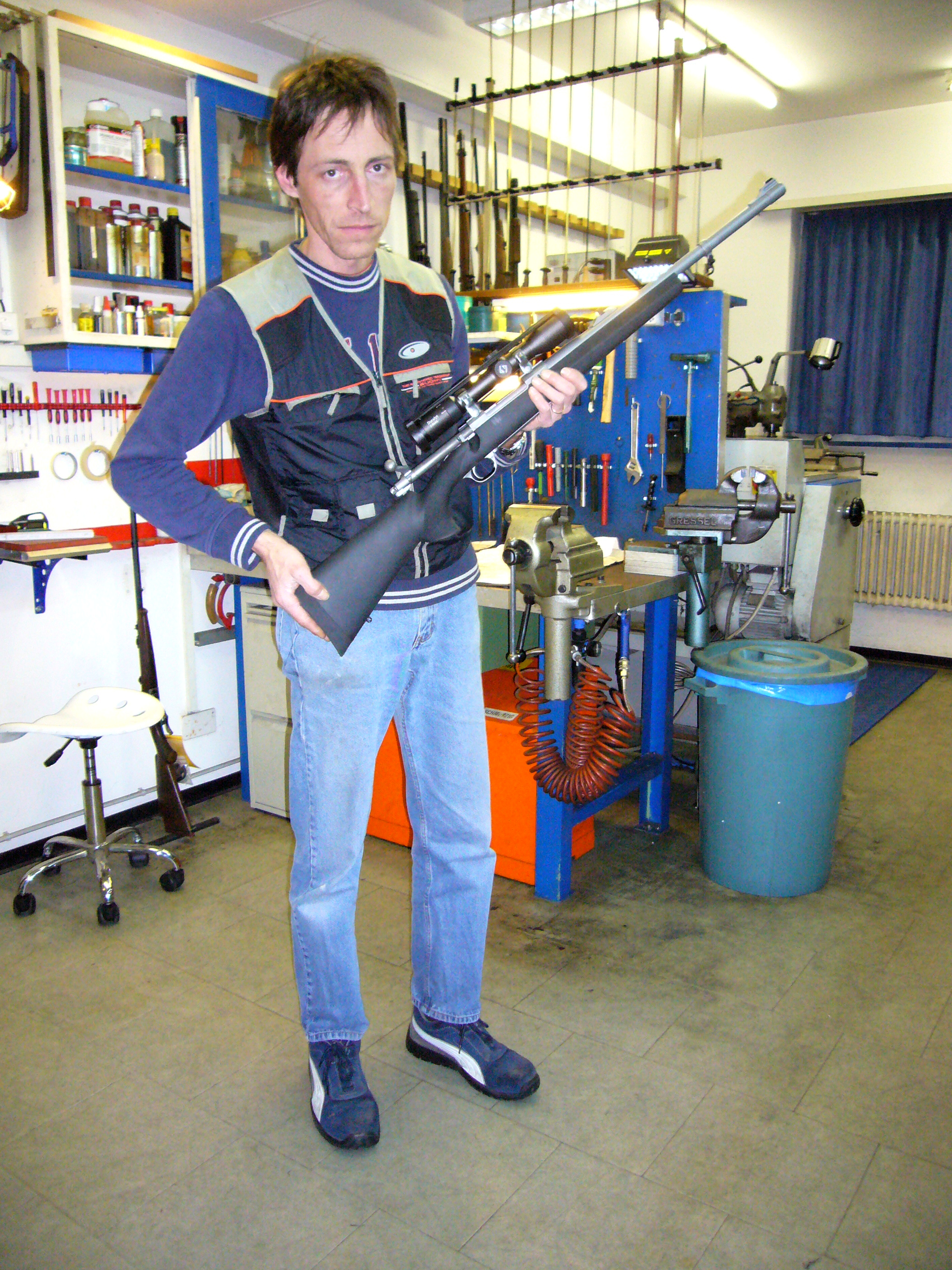
Gun shop owners are concerned that a proposal to restrict access to guns – to come to a nationwide vote on February 13 – will, if accepted, threaten their livelihood.
swissinfo.ch visited Nicola Berta, the owner of a weapons shop near Locarno in southern Switzerland. The trained gunsmith has had a life-long passion for firearms. He says banning guns from the home would create more problems than it would solve.
Berta is among many arms dealers, shooters, hunters and collectors who made up their mind long ago about the initiative. Launched by an alliance of non-governmental organisations, it wants to lock away firearms to reduce the risk of family killings and suicides.
The 45 year old has a shop front where he sells weapons in the afternoon and a workshop, where he spends his mornings.
“If I had a choice I would spend my whole time in the workshop,” Berta says.
Family business
Berta is one of just a few gunsmiths in Switzerland. His firm is a family tradition spanning three generations. He took over from his grandfather and a cousin who passed on their passion for the trade.
Young Nicola worked hard to achieve his goal. He left home in the Italian-speaking part of Switzerland at 16 to first do an apprenticeship as precision mechanic in German-speaking Switzerland. With a diploma in his pocket he then moved west to learn the trade of gunsmith in the French-speaking part of the country.
With two professional certificates under his belt and speaking three national languages, Berta decided to set up shop in Losone nine years ago.
It wasn’t long before he had found loyal customers and a growing workload. Without a hint of complaint Berta says he has only taken one three-week holiday since he opened his arms shop in 2002.
“I consider myself lucky because I have a great job.” His eyes shine when he talks about rifles and pistols. He points out details of the firearms, their history and refers to an impressive number of specialist books.
Society
There seems to be a confidentiality between the arms dealer and his clients, in some cases even a friendship. His shop has become a meeting point where like-minded people meet for a chat in a relaxed and friendly atmosphere.
The mention of the anti-gun initiative brings a sudden change of tone.
“You can’t blame firearms for the suicides and killings. It is a problem of society. The initiative certainly does nothing to help that,” Berta says with feeling.
He is certain that the number of gun-related incidents would not drop if voters were to adopt the initiative.
Those who want to end their lives or kill others will always find a way with or without a firearm, Berta continues.
“Why don’t we also ban dams and bridges since many people choose these spots to throw themselves off from.”
Berta also argues that the initiative does not combat the sale of illegal weapons but punishes honest people trading in arms. He points to the row of folders in front of us where all the details of arms being sold and acquired are kept. In his opinion the initiative would just add to the bureaucracy.
Enough
Berta is in favour of thorough gun controls and strict rules and that as part of a gun law revision that came into force at the end of 2008.
“The new regulations are all right, but that’s enough. We do not need more reforms.”
The creation of a central database on firearms to ensure that buyers don’t acquire a stock of guns in different regions of the country without it being noticed is simply superfluous, he says.
“All the data are kept in a registry of the canton where the owner of the arms lives. Nobody stops the authorities from the different cantons from swapping information.”
For Oviedo Marzorini the real problem lies with data protection. The legal expert says current data protection laws are simply absurd. Instead of creating yet another registry it would make much more sense to reduce costs and extra work.
Sport shooters
For his part Berta is more concerned about the impact of the initiative which bans the storing of army-issue weapons at home. He says it would spell the end of popular sport shooting competitions and importantly most shooting ranges.
“Only the big ranges would be able to continue,” says Berta, who is a sport shooter himself.
The overwhelming majority of competitors use their army gun for sport and most ranges survive on subsidies from the armed forces.
Berta praises the solidarity among members of rifle associations, their cultural and social value. It is where people learn about Swiss history and traditions and are taught discipline, he says.
“The youngsters are under supervision and there is no danger. Unlike for instance from football or ice-hockey hooligans,” Berta says.
Sport shooting requires precision, physical stamina and a serious mindset, and some people like Berta use it to prepare for the hunting season.
“The animal must be killed with a single shot,” says Berta.
Sport shooters learn to respect their firearms because only those who like and know their arms will use them with the necessary sense of responsibility, adds Berta.
He has no doubt that the no gun violence initiative has a hidden agenda, namely the abolition of the Swiss militia army.
Pointing to the list of groups supporting the anti-gun drive, Berta and Marzorini agree that the pacifist Group for a Switzerland without an Army and the centre-left Social Democratic Party want to achieve one thing: the gradual weakening of the army.
The federation of sport shooters has about 131,000 active members, according to Swiss Olympic.
Swiss shooters regularly distinguish themselves in international competitions. They have won a total of 20 medals at Olympic Games, including six gold, six silver and eight bronze awards.
The federation says it is the third-biggest sport organisation in Switzerland with more than 3,000 individual clubs.
The initiative was launched by an alliance of more than 70 NGOs and is backed by centre-left political parties.
It aims to introduce a strict licensing system for the use of firearms and seeks a ban on the purchase of automatic weapons and pump action shotguns.
It also calls for the creation of a central register for firearms, instead of a cantonal system.
Members of the militia army could no longer store their army-issue guns at home but would have to take them to an arsenal.
Centre-left and some centre-right parties are backing the initiative, while a majority in parliament as well as the government have come out against.
Swiss voters will have the final say on the issue on February 13.
(Adapted from Italian by Urs Geiser)

In compliance with the JTI standards
More: SWI swissinfo.ch certified by the Journalism Trust Initiative

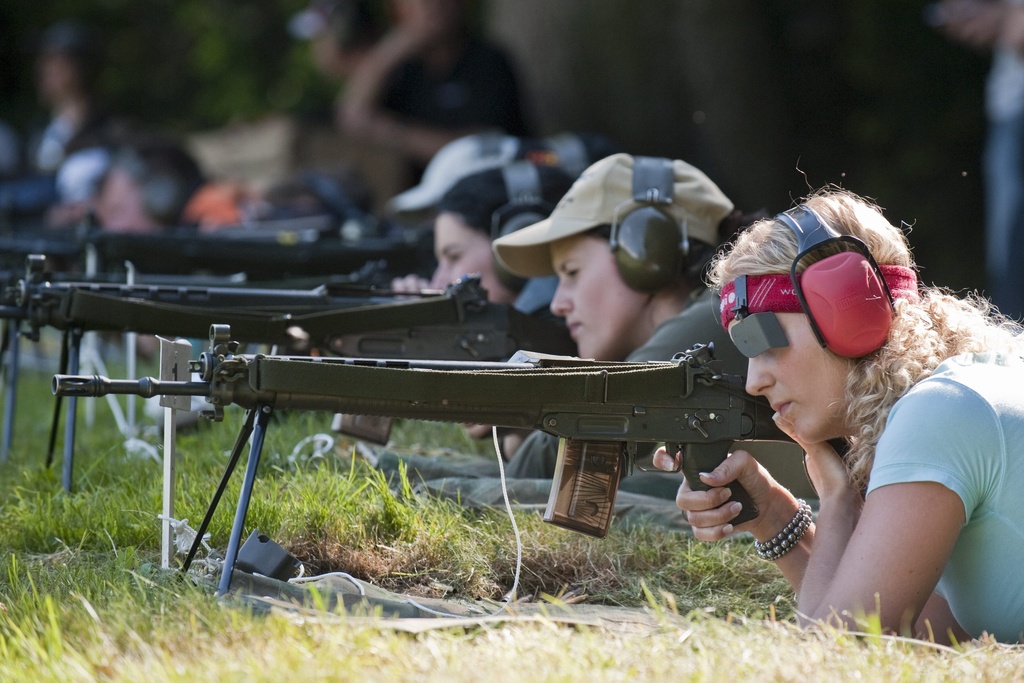
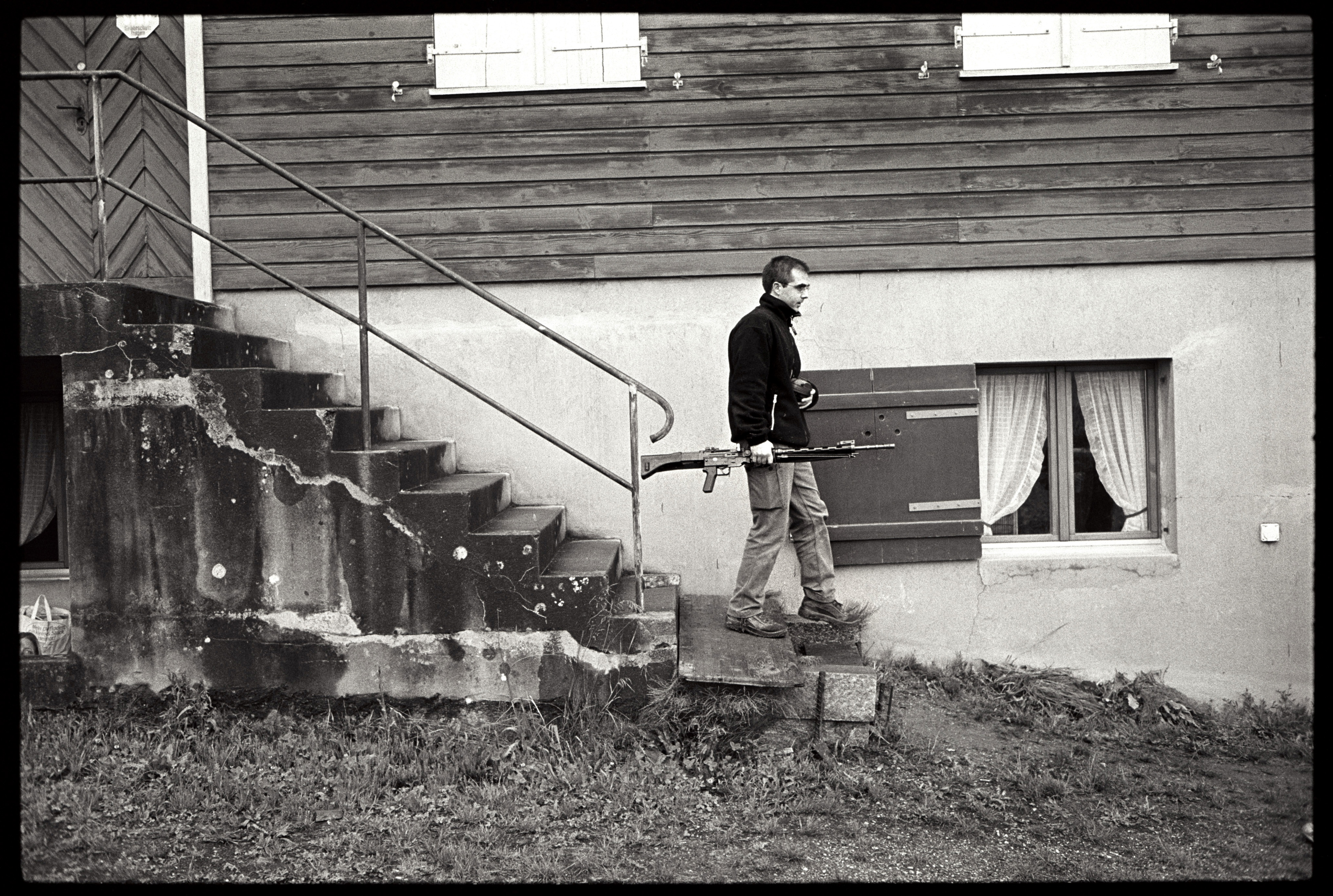
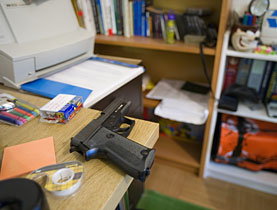
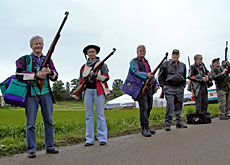
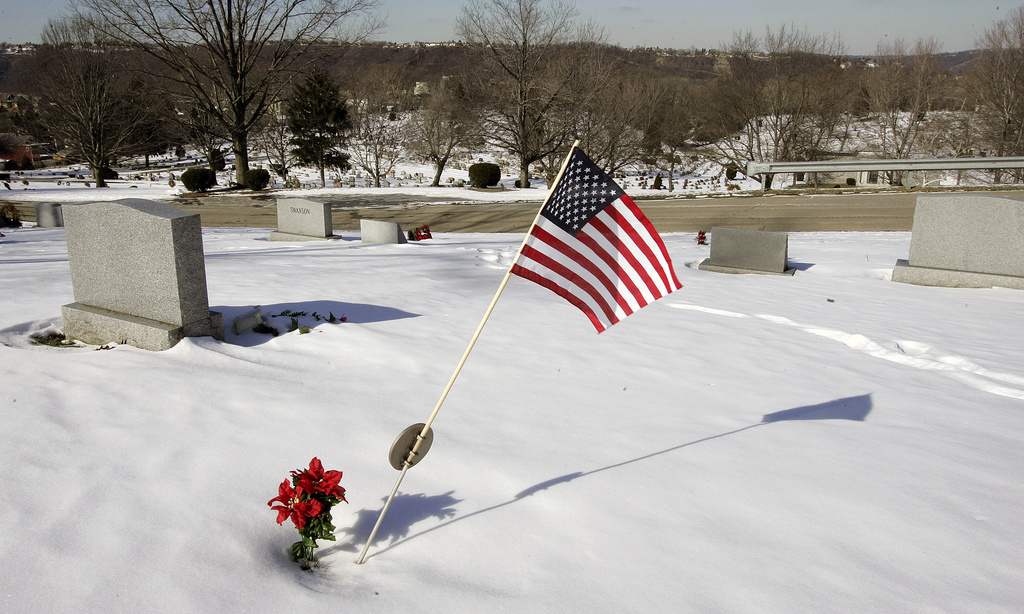
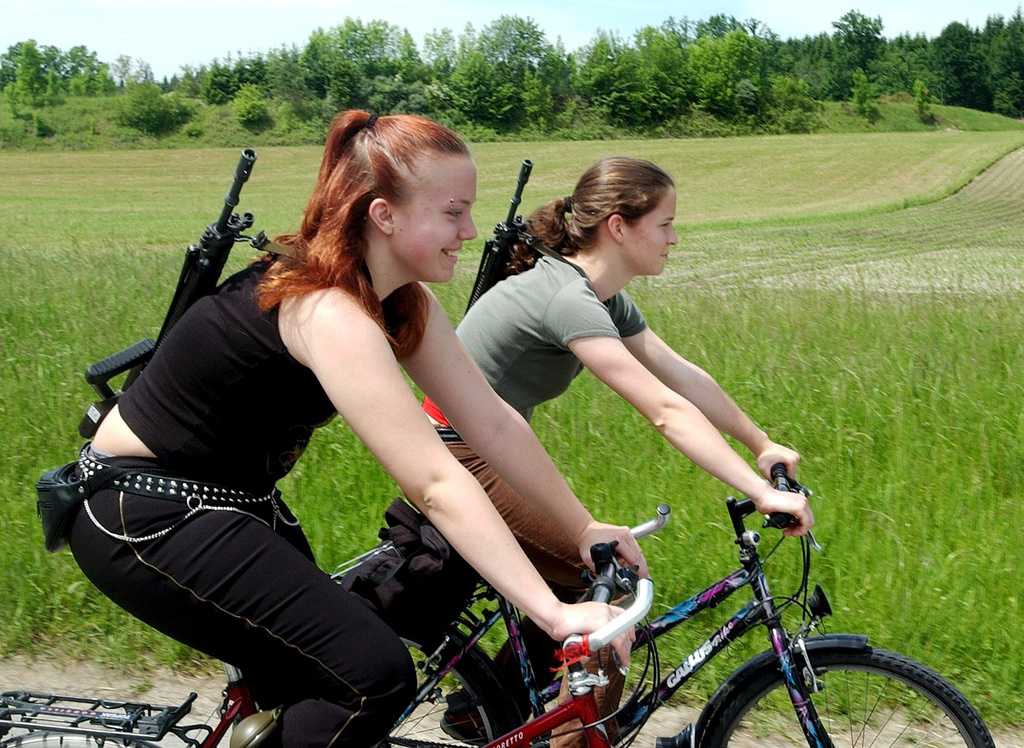
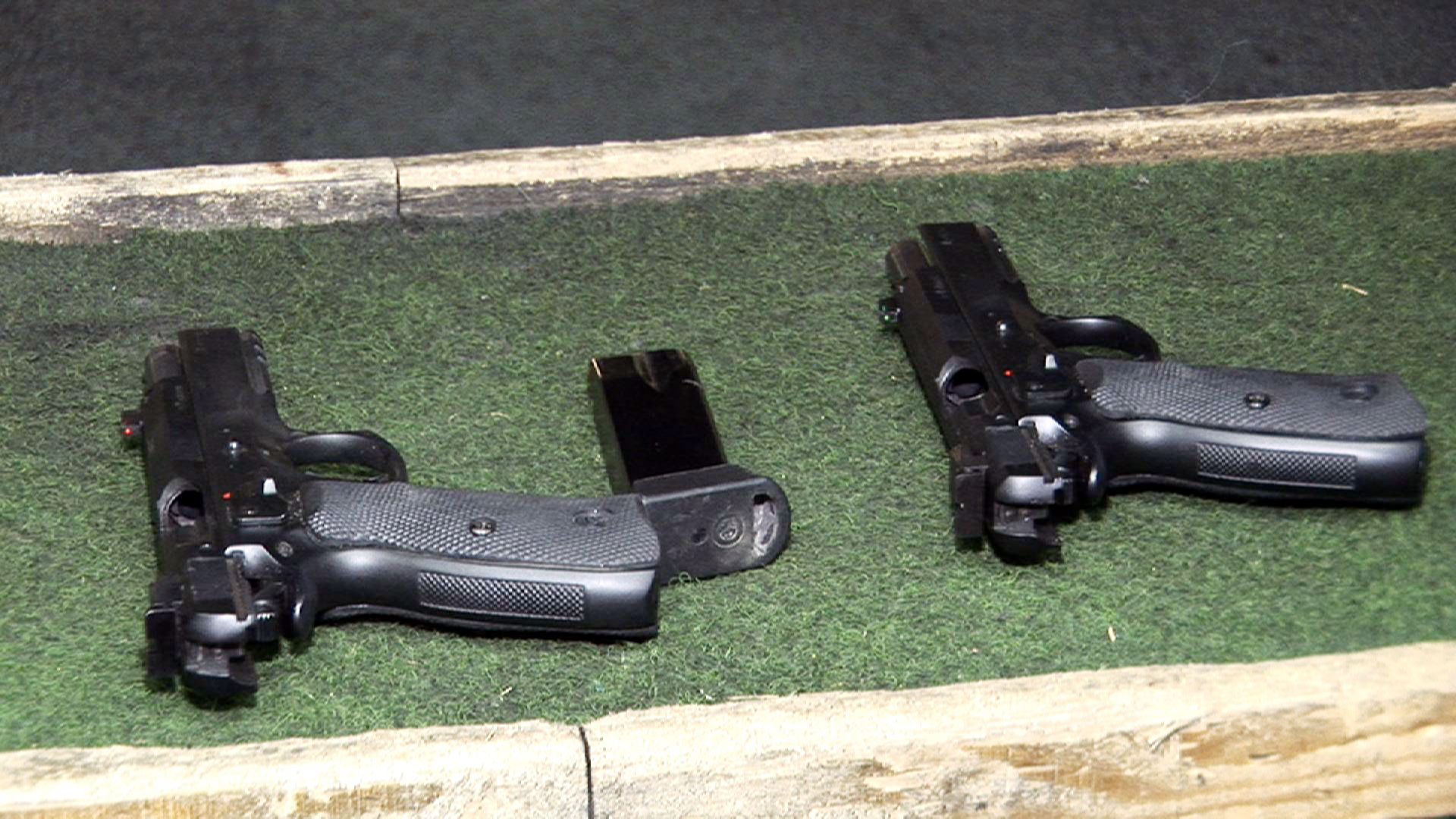
You can find an overview of ongoing debates with our journalists here. Please join us!
If you want to start a conversation about a topic raised in this article or want to report factual errors, email us at english@swissinfo.ch.